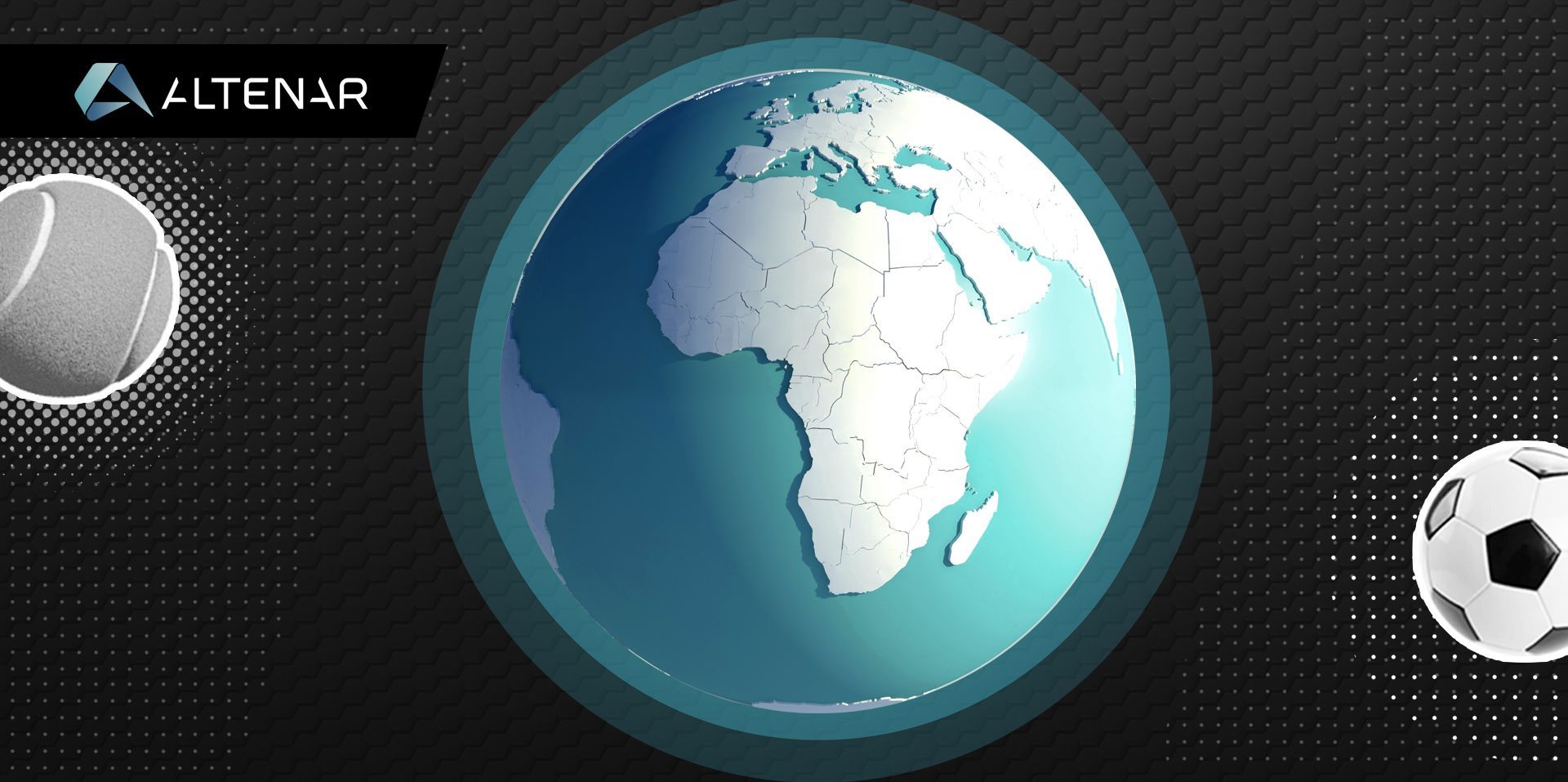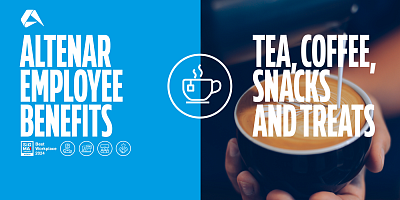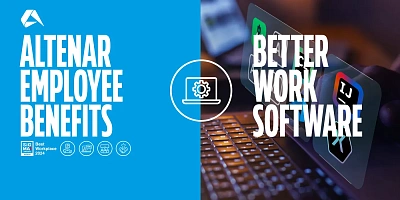Talk us through how Africa and the markets you're involved in have developed since the start of 2020 – how has the last two years' developments shaped playing habits and the continent’s online growth?
Africa is unique, in the instance that the region has historically preferred a physical POS option where the bettor can withdraw their winnings in person and because of the pandemic, this had to change for everyone's safety.
Here at Altenar people are at the forefront of what we do and why we do it. Our innovation in sports betting software and technology is to make the experience fun, easy and smooth for operators and bettors. Africa offered a bespoke situation that called for our technology to adapt to their needs throughout the pandemic.
One key aspect of this was creating a mobile-lite version of our software because Africa’s data consumption often vastly out prices neighbouring regions like Europe for instance. So, Altenar needed to adapt its software to these needs, which grew in importance during the pandemic to keep people excited, hopeful and generally, offer them a piece of the normality they had known pre-covid.
I believe Altenar’s software achieved this for many people whilst developing for what was to come, like the greater-adoption of Esports and virtual gaming that the pandemic spearheaded and greatly propelled.
The majority of key markets across the continent have always had a strong tradition for retail – how much has this changed with the likes of lockdowns and do you see the majority of jurisdictions returning to the same position as it was pre-COVID?
There is some return to a similar position, however, for the most part where online gambling is legal, the desire to return to in-land gambling hasn’t returned to its pre-covid numbers. With a greater call for Esports, that don’t rely on access to live events, stadiums and the like, many in-land gamblers have found online is not only easier but preferred.
That tradition for retail is still embedded in online ganbling, iGaming, Sports Betting and so on, it’s just in a different form. For instance many people would never have seen online shopping taking off to the point it has today, however, many people prefer to shop in the comfort of their homes now and this seems to be the scale and direction gambling is taking on post-pandemic.
With the likes of virtuals and lottery – how does this now fit into the sports betting mix? Will live sport always prove to be the key tool for acquisition or are we now seeing other offerings proving to be a standalone attraction in its own right?
Lottery, for some countries, is very popular and often Lottery’s can own numerous sports betting operations, casino or other verticals within a country per the laws of the region. However, sport betting is vastly popular around the world, in our recent reports that can be requested via Altenar’s website, we found that sports betting is the number one vertical around the world both in popularity and revenue intake.
This might be challenged by virtual betting, however, virtual betting often stems fr om sports betting, it follows the same principle features minus the requirement for in-person events taking place. Altenar foresaw this increase during the pandemic and have recently joined with Oddin to offer virtual betting to our sportsbook.
We’re currently in a new-wave and it’s an exciting time to be a part of the industry as we see a greater need for virtual gaming that is having its moment in the sun… potentially for a very long time much akin to sports betting ,which is what makes virtuals perfect for Altenar.
How fast is the tech environment changing in Africa when it comes to connectivity, streaming and the adoption of XX generation smartphones? How dominant do you see mobile being over retail in the coming years?
Very dominant, the need for smartphones or mobile apps is growing in Africa and with greater internet penetration in the region it can spell further adoption of sports betting, better data connections, and potentially furthering that shift to online which can already be seen in the region post-pandemic.
We hope to have played a part in bridging this tech gap and growing the tech environment through our lite version software, because access to technology really can broaden avenues far exceeding sports betting, like education and connectivity to family and friends.
Looking to key markets – wh ere do you see the strongest growth opportunities in the coming years? Will South Africa and Nigeria always remain king?
There is potential for growth all over Africa, especially as more and more countries are looking to add sports betting or forms of online gambling to their region.
For now, South Africa and Nigeria will see the greatest growth purely because of the foundations for iGaming that already exist, however, we predict a great adoption of online gambling throughout Africa given the success that can be achieved in the region.
Looking to Uganda, Tanzania and Kenya – how much energy and resources are you devoting to these markets? How do you see present market conditions there as the regulatory environment continues to develop?
We’re devoting a lot of energy and resources as we’re looking to expand here and further what Altenar’s software can do for the region. In terms of regulation, Altenar is uniquely adapted to understanding that this is the scope of law and legislation around online gambling. For good reason, it’s always best to protect bettors and operators by knowing that gambling is legal and regulated as this can often change what Altenar needs to achieve for the region.
Something that we always look forward to, is the problem-solving aspect, something that could propel the regulatory environment in the region with growing a host of local connections for the market to run harmoniously. Something we at Altenar look forward to and the potential for new emerging markets like Ecuatorial Guinea.













